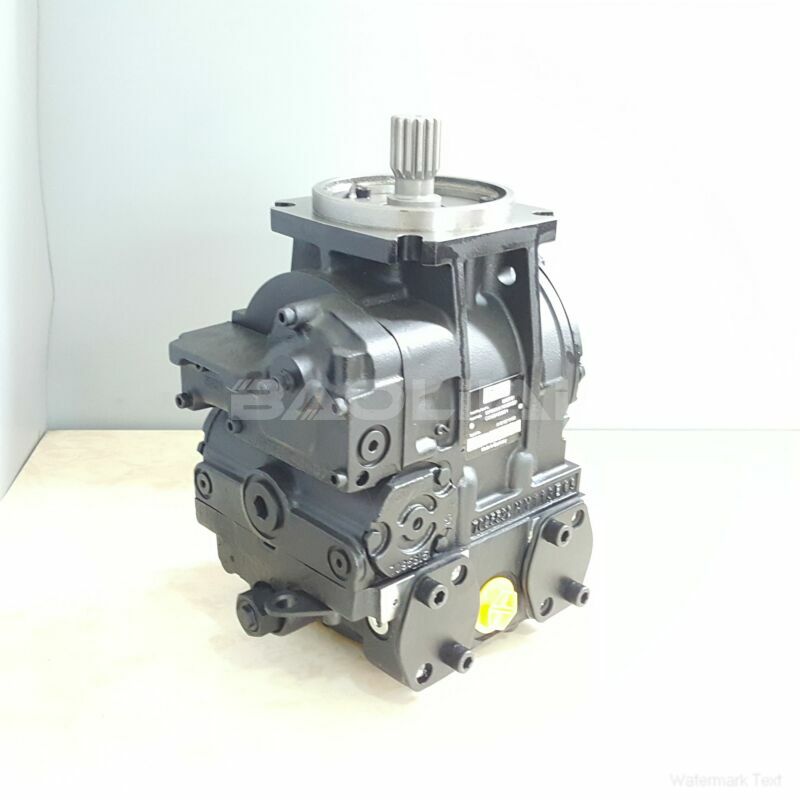90R055MA1BC60S3C6D04GBA353524 high pressure pump
90R055MA1BC60S3C6D04GBA353524 high pressure pump

- Product Details
- Applicable Scene
Hydraulic rock crushers are vital machines in the construction and mining industries, primarily used for breaking down large rocks into manageable sizes. The efficiency and effectiveness of these machines largely depend on their hydraulic systems, particularly the hydraulic pumps that facilitate fluid power and circulation. In this article, we will explore the importance of hydraulic pumps, their role in fluid circulation, and how they enhance the performance of hydraulic rock crushers.
90-R-055-MA-1-BC-60-S-3-C6-D-04-GBA-35-35-24
90R055MA1BC60S3C6D04GBA353524
Hydraulic pumps are mechanical devices that convert mechanical energy into hydraulic energy. They achieve this by creating flow and pressure in the hydraulic fluid, which is essential for driving the actuators, valves, and various components within the hydraulic system. In hydraulic rock crushers, the pumps are responsible for generating the necessary pressure to activate the hydraulic cylinders that perform the crushing action.

721902
One of the critical aspects of hydraulic pumps in rock crushers is their ability to maintain a consistent flow rate and pressure. This is crucial because the crushing process requires varying levels of force depending on the size and type of material being crushed. By adjusting the flow and pressure of the hydraulic fluid, operators can optimize the crushing performance and ensure that the equipment operates efficiently.
There are several types of hydraulic pumps commonly used in rock crushers, including gear pumps, vane pumps, and piston pumps. Gear pumps are known for their simplicity and reliability, making them a popular choice for many applications. Vane pumps, on the other hand, offer a higher efficiency rate and are suitable for high-pressure applications. Piston pumps provide even greater efficiency and are often used in high-performance hydraulic systems where precise control and large flow rates are required.
In addition to the type of hydraulic pump, the choice of hydraulic fluid is also significant. The fluid not only transmits power but also serves as a lubricant and coolant within the system. The characteristics of the hydraulic fluid, such as viscosity and temperature stability, directly impact the performance of the pump and the overall hydraulic system.





